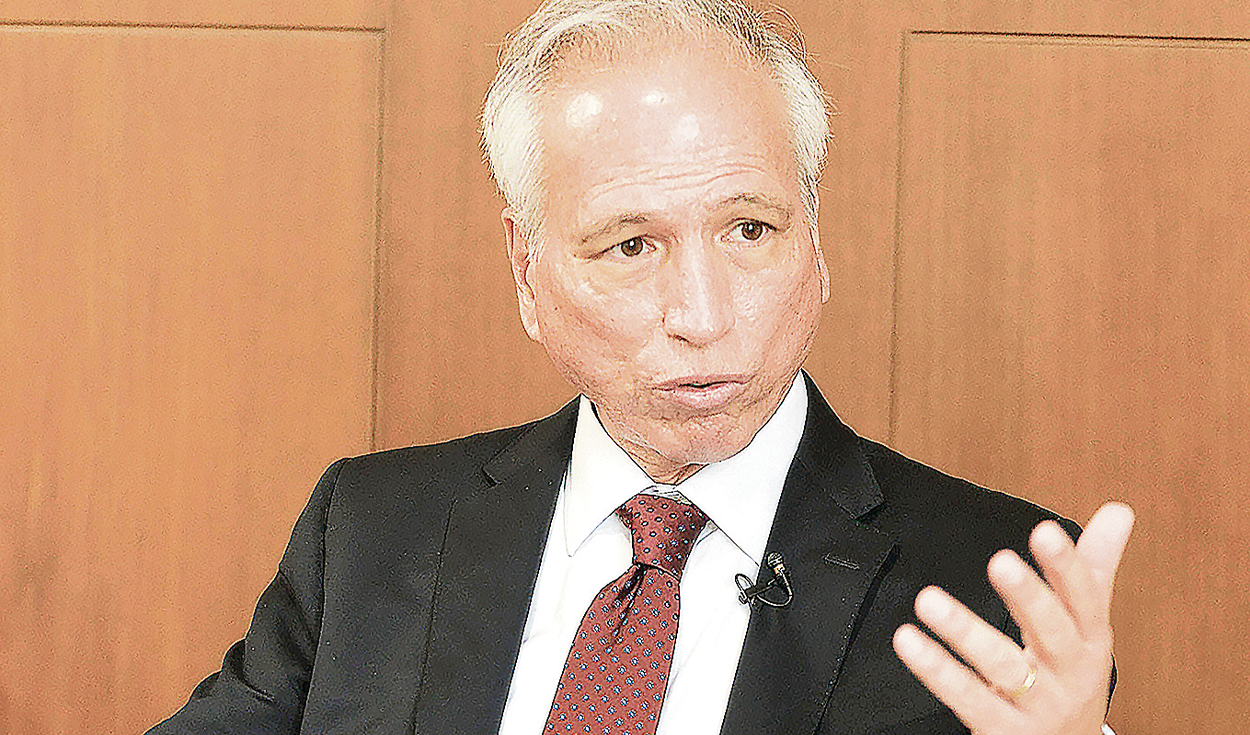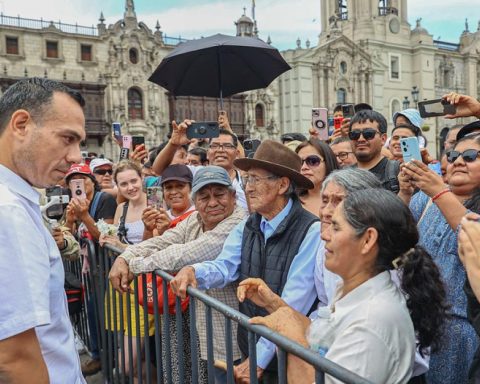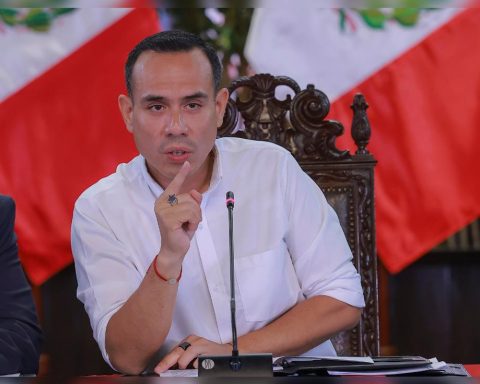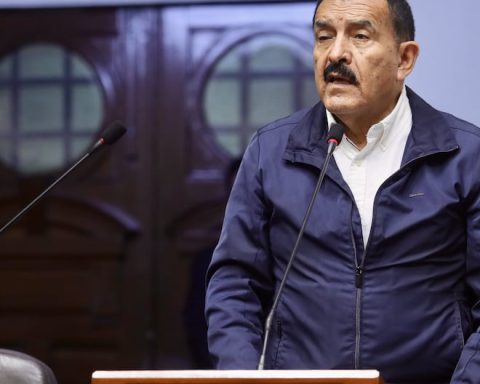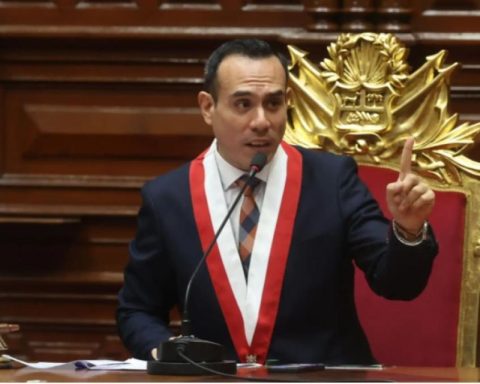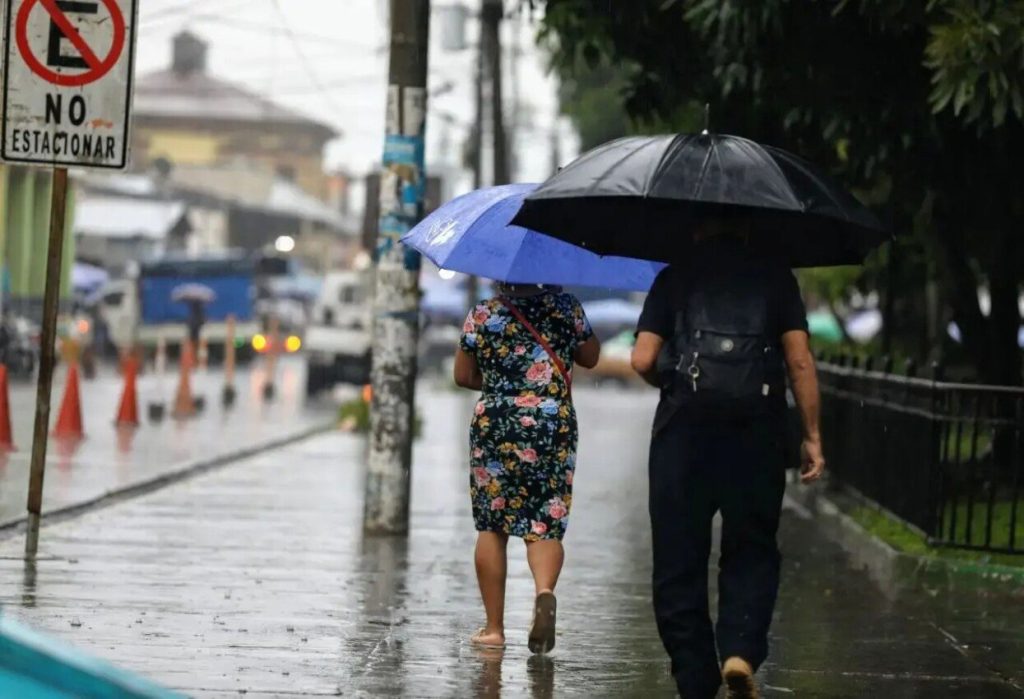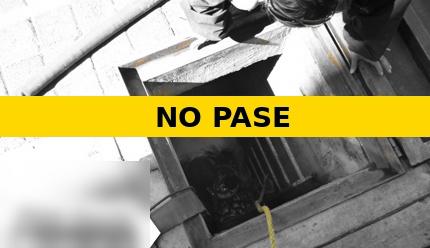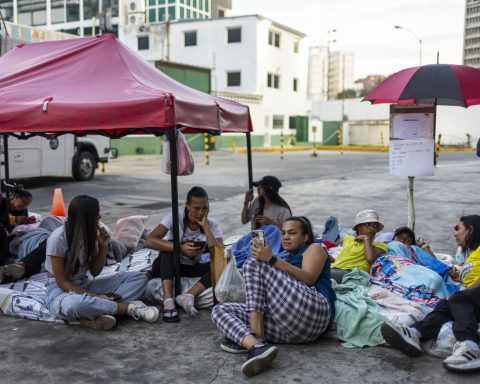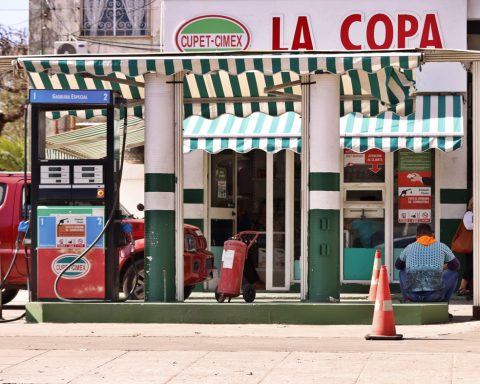By Karol Macetas and María Cruz
Aldo Vasquezmagistrate of the National Board of Justicequestions that the Congressbeing one of the parties, intends to change the rules of the game in a jurisdictional process before the TC. It also warns about the barriers that legislators intend to impose, so that no one can question their arbitrariness in court.
– Doctor Aldo Vásquez, do you consider that this law, approved in the first vote, to reduce the votes in a jurisdictional lawsuit from five to four, has the sole purpose of manipulating a decision of the Constitutional Court (TC), and thus also being able to remove them You and Inés Tello of the National Board of Justice?
Congress has approved modifications to the Constitutional Procedural Code and there are two extremely dangerous aspects. First, they limit effective judicial protection regarding any abuse that could occur against supreme judges, supreme prosecutors, the members of the TC themselves, the members of the National Election Jury, the heads of ONPE and the Reniec; That is to say, Congress could eventually sanction them in an absolutely arbitrary manner and none of these officials could achieve effective judicial protection.
-Why would they no longer have effective judicial protection?
Although the text approved by Congress allows the processing of protection claims, they have imposed several barriers. For example, now judges could not issue precautionary measures or emergency protective measures to promptly reverse the abuse. Likewise, if the trial (against Congress) is won in the first instance, the sentence could not be immediately executed either, since we would have to wait for the appeal to be resolved. Thus, it can take years before an abusive situation can be reversed.
-What implication does this have for the institutions or powers of the State?
This creates an imbalance between the public powers and the autonomous constitutional bodies, because the other bodies are at the mercy of any arbitrary decision of this Congress or future congresses. This also represents a break in the balance of powers in Peru. And a second aspect that is also extremely harmful, harmful and has its own name, is this reduction that these congressmen have agreed on the number of votes needed to declare a jurisdictional claim founded.
-Why do you consider this law harmful and harmful?
Because they tilt the field in their favor. In a conflict in which Congress itself is a party, they modify the rules when the case is already to be sentenced since July 10; that is, for more than three months. In football terms we would say that, already in the discounts, they modify the rules of the game so that with fewer votes they can win. It is an arbitrariness and a rule with its own name. The president of the Constitutional Commission of Congress himself has said that this is done to prevent alleged prevaricating judges from protecting Inés Tello and Aldo Vásquez of the JNJ. This is called a law with its own name and, of course, it is something that we reject and at the same time invoke the TC to act in accordance with the Constitution, the law and in respect of the autonomy of each of the autonomous constitutional bodies.
–How serious is it that Congress intends to change the rules of the game in a process that is already underway?
It is unacceptable that in the middle of a dispute between the Congress of the Republic and the Judiciary, one of the parties can modify the rules in its favor. That’s what Congress is doing. Modify the rules of the game. Before it required five votes. Now there will be four votes, if they approve it in the second vote this Wednesday. The consequence is that it would be much easier for them to obtain four votes in the TC and that, therefore, tilts the field in their favor. That is an arbitrariness that no impartial court in the world could admit.
-If the rule is approved in a second vote, is the TC obliged to comply or does it have the option of disapplying said rule, as other judges are already doing?
I trust that there will be a sufficient majority in the TC to reject an attempt by Congress to limit the powers of the Judiciary, which is to be prevented from intervening as a natural arbiter, as part of the balance of powers of the democratic system and the model. republican.
-Four members of the TC would be willing to vote in favor of Congress’s competition demand, what message do you have for them?
The magistrates of the TC have a responsibility that I allow myself to describe as historic, because the division of powers in Peru is at stake. I trust that there will be a majority within the TC that will affirm the republican values that are permanent and that are not exhausted in the personal situation of two members of the JNJ who, by the way, end their mandate on January 5.
-And what do you say to the congressmen about this, which appears to be an abusive exercise of power?
The Constitution does not protect the abuse of rights. Although Congress has the power to make laws, they cannot contradict the most essential constitutional values.
-If the TC resolves in favor of Congress, will you go to international bodies?
Yes, obviously. There is jurisprudence from the Inter-American Court of Human Rights. In 1997, members of the TC were removed and the Inter-American Court ordered their reinstatement. There is also jurisprudence in relation to judges of the Supreme Court in Ecuador. So, yes we would go, especially because the democratic institutions of Peru are at stake.
